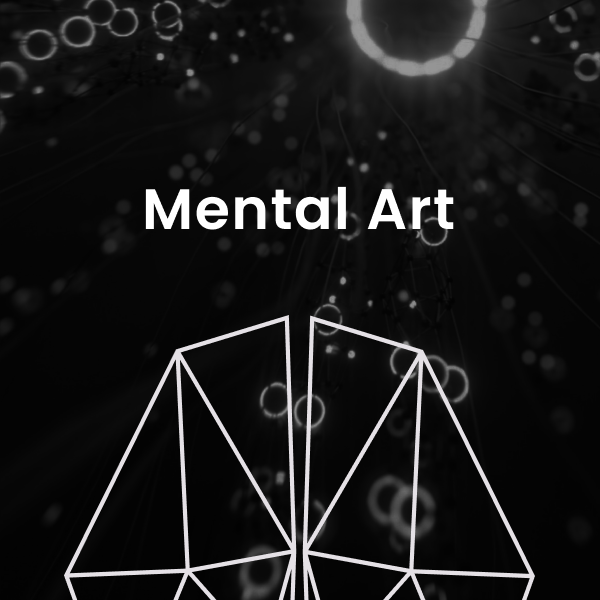

How can I effectively navigate complex social issues and loneliness, even after seeking therapy and receiving a diagnosis of autism?
3/6/2024Q:
"As an individual struggling with social issues and loneliness, I've found therapy sessions to be less effective than I hoped. Despite seeking help and even receiving a formal diagnosis of autism, I still feel lost and overwhelmed by various challenges in my life, including difficulty making friends and finding employment. How can I navigate these complex issues effectively and find the support I need to improve my situation?"
A:
You're experiencing highly complex emotions. At Alpeon, we always strive to shed light on topics related to what you're going through. We explore various mental states and strategies for thinking and behaving in different situations, from different perspectives. In our January issue, we talked about ecological awareness as well as catastrophic thinking. Perhaps in them, you'll find the answers you seek, as well as support from our side.
Social anxiety arises under the influence of chronic anxiety. To manage your expectations and find the right approach, consider a therapist specializing in CBT or DBT who incorporates mindfulness techniques.
Additionally, existential analysis might help you gain deeper insights into your problem rather than just focusing on the diagnosis. It's also important to pay close attention to your diagnosis. A diagnosis is a complex interplay of behaviors and emotions and is more a reflection of your lifestyle. It means that long-term therapy could very well provide the support you need to overcome your state of mind. However, finding the right therapist can also be challenging.
Social anxiety is a state of mind in which an individual experiences intense fear of public humiliation. The worry about how others will react, what judgment they will pass on their actions, and in what format criticism will be expressed creates acute discomfort in social situations, leading individuals to minimize such interactions.
The main problem is that social anxiety can lead to complete isolation. The fear of public humiliation becomes paramount, leaving individuals feeling they have no choice but to avoid all social contact. Encounters with strangers dwindle, while interactions with trusted individuals must guarantee the absence of any form of violence. Avoiding judgment, criticism, evaluation, or expressing opposing views becomes the norm.
Tension during interactions with others, excessive worrying about upcoming events, fear of being perceived as pathetic, lack of self-assurance, and low self-esteem—all these are likely challenges you face daily, contributing to a sense of catastrophe and a feeling of being trapped in an impossible situation.
Despite the variety of causes and consequences of social anxiety, it remains an ambiguous "diagnosis." Firstly, it's not a medical diagnosis in the traditional sense; it doesn't warrant hospitalization. Secondly, it's not entirely self-sufficient. It's either a result of psychiatric conditions, such as misanthropy, or a consequence of global self-esteem issues — either critically low external or inappropriately inflated internal self-esteem.
Vera Romanova for Alpeon




